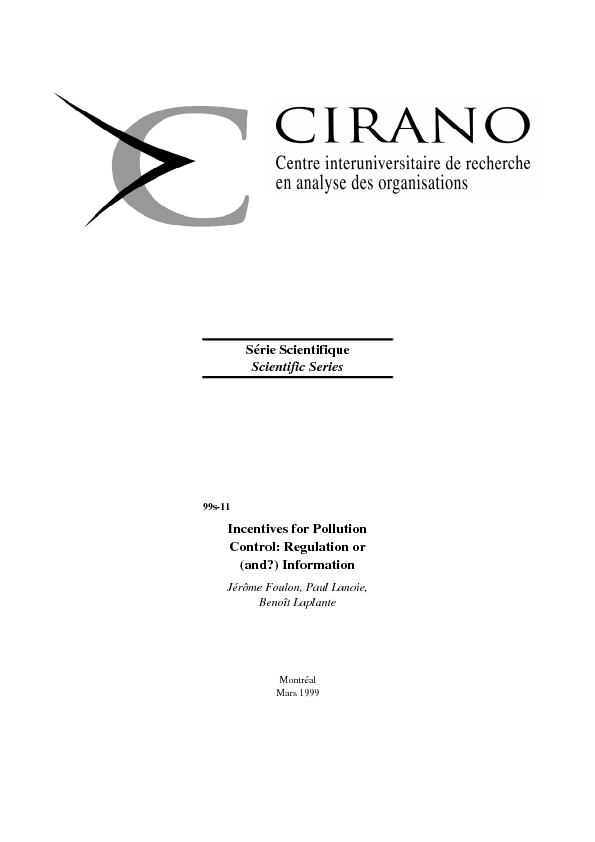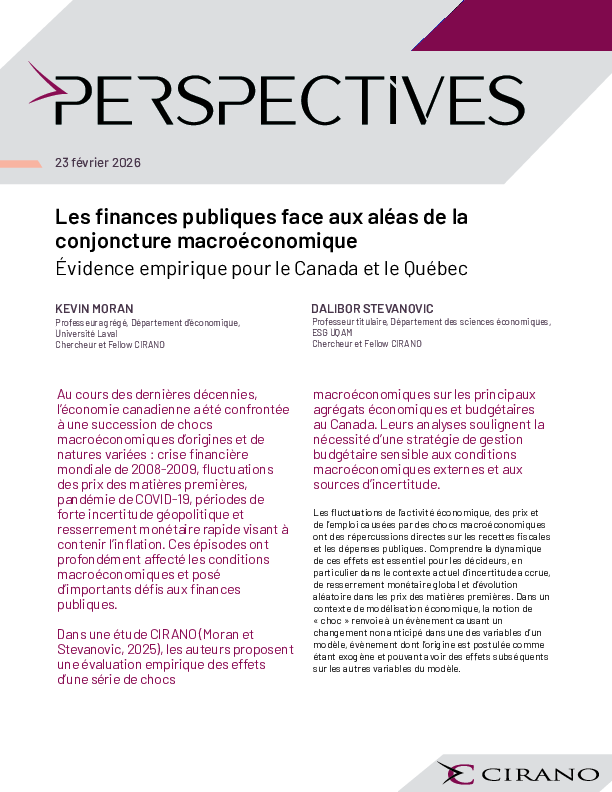Incentives for Pollution Control: Regulation or (and?) Information
An increasing number of regulators have adopted public disclosure programs to create incentives for pollution control. In this paper, we study the impact of British Columbia's list of polluters whereby the province's environmental regulator reveals the name of plants which are either not complying with the regulation or are of concern to the regulator. Simultaneously however, the regulator continues to undertake legal action for those violating the regulation. Previous analyses have focused on studying either the impact of the traditional monitoring and enforcement practices or the impact of information programs. In this paper, we perform an empirical analysis of the impact of both traditional enforcement and information strategies within the context of a single program. We thus provide insights on the relative impact of the traditional (fines and penalties) and emerging (information) enforcement strategies. Our results suggest that British Columbia's list of polluters has a larger impact on both emissions levels and compliance status than orders, fines and penalties traditionally imposed by the Ministry and courts. Our results also demonstrate that the adoption of stricter standards and penalties had a significant impact on emissions levels.
[ - ]




